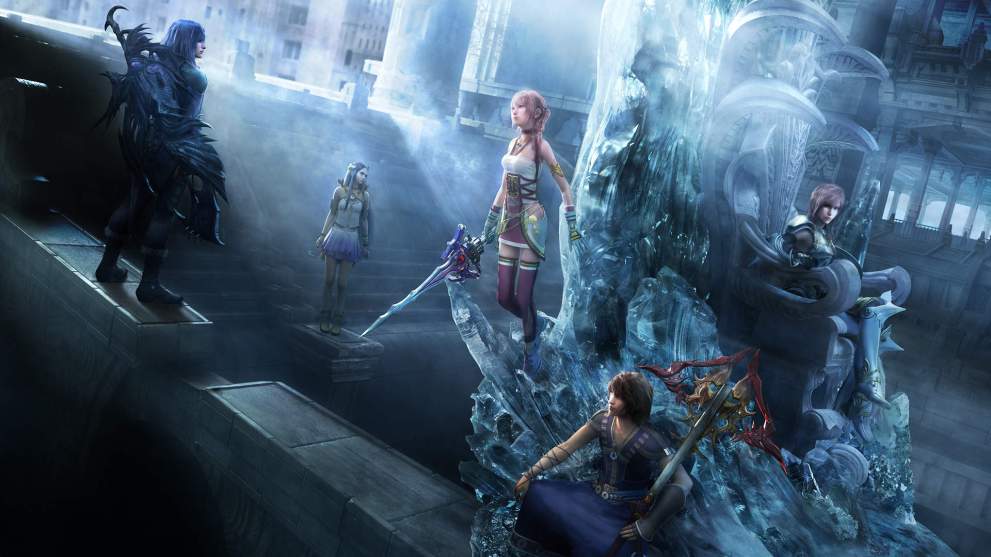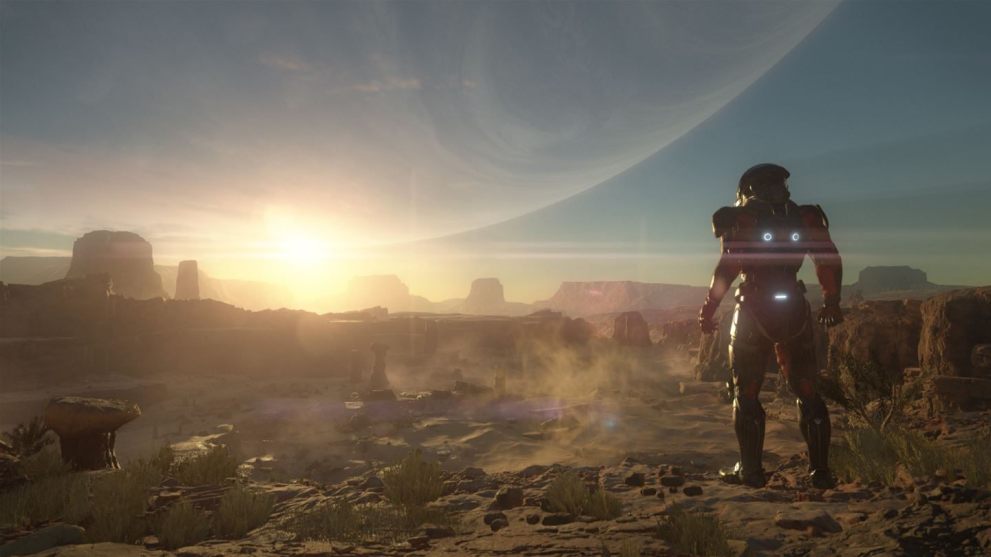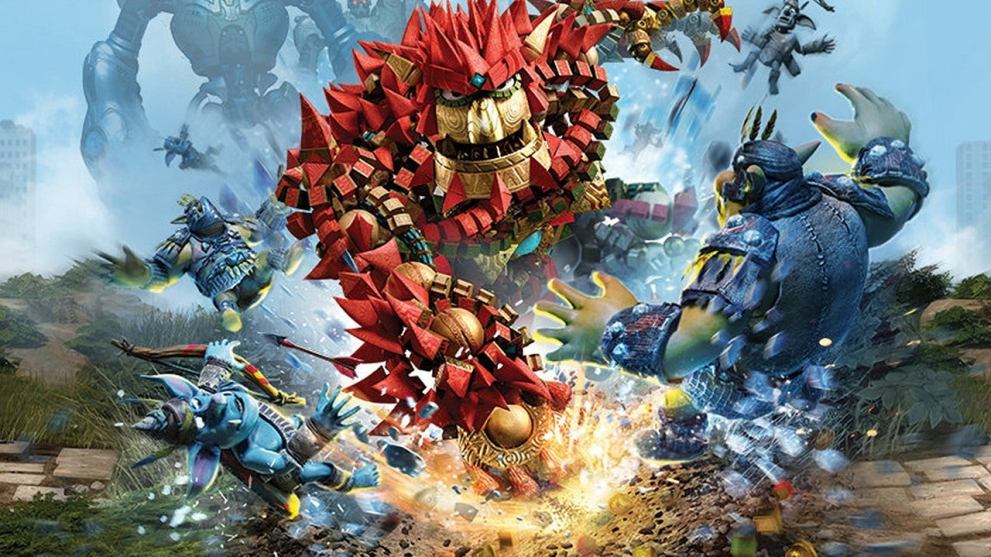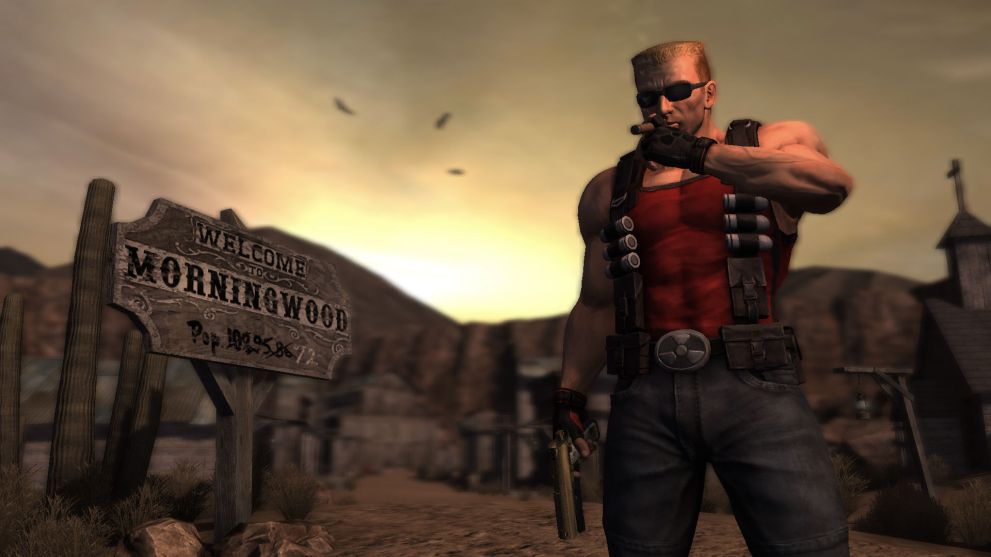When it comes down to it, a lot of video game sequels these days fail because they either deviate too much from what made the original work, or they fail to innovate enough to make a sequel even feel necessary, often leading them to feel stale and uninspired.
Some sequels may improve upon what came before, while others are forgotten among the fold. With that in mind, we came up with a list of video game sequels that honestly didn’t need to happen.
Final Fantasy XIII-2

While the ending of Final Fantasy XIII may leave you with a few lingering questions, the overall story wraps up with an emotionally satisfying ending that gives everyone the happily-ever-after feeling. So it was surprising when it was announced that this game was getting a sequel, titled Final Fantasy XIII-2
Final Fantasy XIII-2 starts out on a very odd note by retconning the original ending, stating that Lightning didn’t get a happy ending and actually disappeared. Her sister, Serah, is the only one who remembers the ending to the original game, but no one believes her.
If that wasn’t weird enough, the plot involves time travel and alternate timelines while also majorly sidelining all of the main characters from the first game to focus on Serah and a new character named Noel. Final Fantasy XIII developed each party member’s relationship with each other, making them feel like a tight-knit group.
It was easy to get attached to Lightning’s older sister relationship with Hope, or Sazh’s concerned father figure relationship with Vanille. At no point does it ever feel like Serah and Noel have any of these meaningful connections, making it harder to enjoy their dynamic.
The original game also went hard into emphasizing the battle system and how strategic it can be whereas the sequel felt like a cheap copy. Final Fantasy XIII-2 introduced a monster capturing mechanic that had them help you in battle as a third-party member after being obtained. Most battles could be plowed through using the offensive classes without much, if any, reliance on the support classes, which were required in most battles within the first game.
Lastly, Final Fantasy XIII’s story was criticized for being too linear and hard to follow, so the sequel gave you more choice on how you wanted to proceed. This made the story even more convoluted and hard to follow with all the time travel factored in.
In short, gameplay mechanics were half-baked, the story was convoluted and messy, and it was hard to get attached to Serah and Noel while the game felt like it purposely ignored the main cast of the original game.
Mass Effect Andromeda

Mass Effect is a game series that dominated the 2010’s in a plethora of ways thanks to its great writing and deep, personal character relationships. Each character had a deep backstory that enriched their relationship with Shepard which would then be carried over between games, leading to the feeling of an epic space drama that spanned many hours. So when Mass Effect Andromeda was announced in June of 2015, many were excited. Although Mass Effect 3 ended on a divisive note, the world the series had built was continuing.
However, once this highly anticipated sequel was released, fans were less than thrilled. Andromeda can only be described as a shadow of its former self due to the things that made the original trilogy so good, like the writing and characters.
The dialogue system itself was overhauled to be less straightforward than in previous games. The player always knew which option was Paragon and which was Renegade. The new dialogue options were made so the player couldn’t guess what outcome would come of each choice, meaning dialogue was often vague.
Mass Effect Andromeda was also riddled with technical and visual bugs, glitches, and bad animations. Something on top of the already bad dialogue system was the emotionless facial animations that never seemed to fit the mood of the conversation being had. There were also horribly awkward scenes like the one with Ryder where they exclaim that their father is dead with no weight or emotional undertone and there is no impact to the dialogue.
One conversation, in particular, was made into a huge meme where a character mentions she has a tired look on her face and her look is completely blank with an emotionless stare. So much about Andromeda’s visuals hit this uncanny valley where everything looks inhuman and creepy. Screenshots of these bugs started to circulate and the game’s reputation has been tarnished since then.
Knack 2

Knack is an action platformer that just does nothing spectacular and doesn’t have any real hook for gameplay. You run around incredibly basic environments and punch and kick enemies with the same button. That is really about it. There isn’t much to draw the player in or set it apart from better games in the genre.
As such, you have to wonder why Knack 2 was ever created. Yet, it was. So one could only hope that it would try to innovate on the previous game, surprising everyone as a result.
Instead, Knack 2 really just asks “Wouldn’t Knack be better if you could play it with a friend?” As revolutionary as that sounds, it feels more much like a gimmick than a gameplay improvement. It’s not the best reason to make a video game sequel.
To its credit, Knack 2 did add some new mechanics, including ones that let you grow bigger or shrink for different platforming sections. The problem is that this felt far too scripted. There was only ever one solution to the problem — either grow or shrink — and when compared to modern platformers like Mario Odyssey where you can get to your objective any way you see fit, Knack 2 is as bland as they come.
When the conversation of PlayStation exclusives is happening, nobody brings up the Knack franchise and that’s because it’s nothing spectacular.
Duke Nukem Forever

Duke Nukem Forever currently holds the record for the longest development period for a video game, proving that having more time doesn’t always lead to a better game. While previous games in the series have been praised for their crude humor, fun gunplay, and iconic one-liners, Duke Nukem Forever felt like it was made in the early ’90s with a coat of current generation graphics (which still didn’t look that good).
Its first big falter is that the fluid and chaotic gunplay that made the series popular didn’t age well. In fact, the gameplay was beyond stale, failing to pack any sort of a punch, which is odd for a game that tries to shock audiences with its gross humor.
The game is way too overly sexual. It isn’t clever or even that funny, and always relies on swearing or crude humor for the punchline. One section of Duke Nukem Forever even has a wall made of breasts. Honestly, not even teenagers would find it funny.
Some things just deserve to be left in the past, and Duke Nukem is one of those things. Humor and the video game medium have evolved so much since the ’90s and the franchise just hasn’t worked in the modern-day. It’s a video game sequel that fans may have wanted, but just because you want something, doesn’t mean it will be good.
